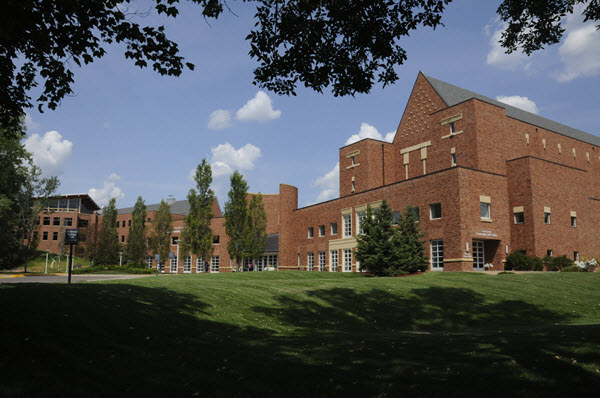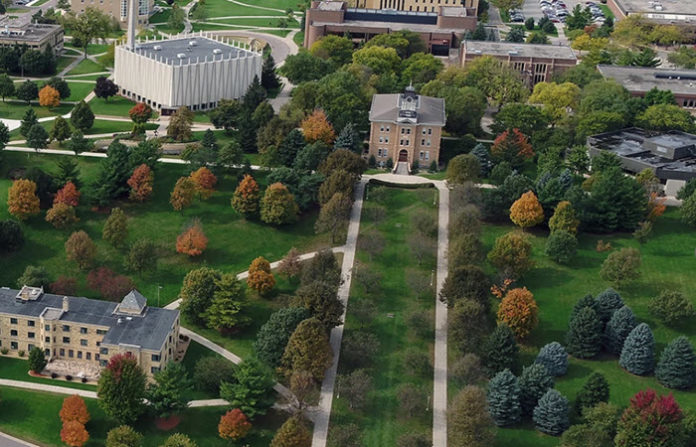Earning your degree from the best nursing school in the country is essential to your success as a nurse. There, you’ll develop your critical thinking skills, ability to communicate with people from different backgrounds, ability to function as part of the healthcare team and your capability to work independently for the welfare of your patients.
With that, check out these best nursing schools in Minnesota. These schools possess quality nursing programs and competent teaching staff that can help you succeed in your chosen career.

University of Minnesota – Twin Cities is the best nursing school in Minnesota if you’re looking for a school that can provide you with a really strong foundation you can use in a wide range of nursing specialties. Its student success rate is pretty impressive.
With such success, it’s not surprising that it also happens to be one of the largest schools in the country. About 69% of its professors work full time so you can be sure that your mentors will have enough time to focus on you and your educational needs.

This school has been providing a really comprehensive nursing instruction for about 80 years. With that, you’ll find the school and its faculty reliable in teaching technical skills and experience you’ll need to be successful in your chosen career.
Whether you are planning on working in a hospital or a community agency, you won’t lack the necessary knowledge and skills to stand out in your job. About 40.2% of its undergraduates are able to complete their degree in just 4 years. This is better than the national average which is marked at 36%.
See Also: 8 Best Nursing Schools in Massachusetts

Bethel University Minnesota School of Nursing is located near entertainment centers and shops. This means that even though going through nursing school isn’t easy, you’ll have places where you can unwind.
Now, if you’re not from the area, you won’t have to worry about feeling left out. As a matter of fact, about 20.1% of its students are not from the said state.
Now, what makes it one of the best nursing schools in Minnesota?
Bethel University Minnesota School of Nursing has a program designed to teach you how to provide competent care, use your critical thinking skills, and communicate effectively through verbal and nonverbal means. It will also hone you to possess commitment and leadership which you need to succeed in the industry.

St Olaf College School of Nursing is a great choice for students who like a more slow-paced lifestyle. It’s also one of your best options if you want to study in an institution that has a good retention rate.
Also, its student-to-faculty ratio is 12:1. It ensures that you’re given the right attention when it comes to lessons and teachings.
After graduating from its BSN program, you’ll have a deeper understanding of how concepts from different disciplines can be applied to the care of your patients. You’ll also have this deeper level of thinking about life and how different the patient care populations are.
See Also: Nurses’ Choice: The 5 Best Nursing Schools in San Antonio

Gustavus Adolphus College School of Nursing is known for having one of the best graduation rates in the country. And nurses who got their degree from this school enjoy good compensation in the first five years of their career.
This school of nursing pays close attention to both rural and urban public health. It offers summer internships in local and even global settings. With that, this school is a great choice if you want to have the experience that will set you apart from the rest.
See Also: Nurses’ Choice: The 7 Best Nursing Schools in Maryland



















